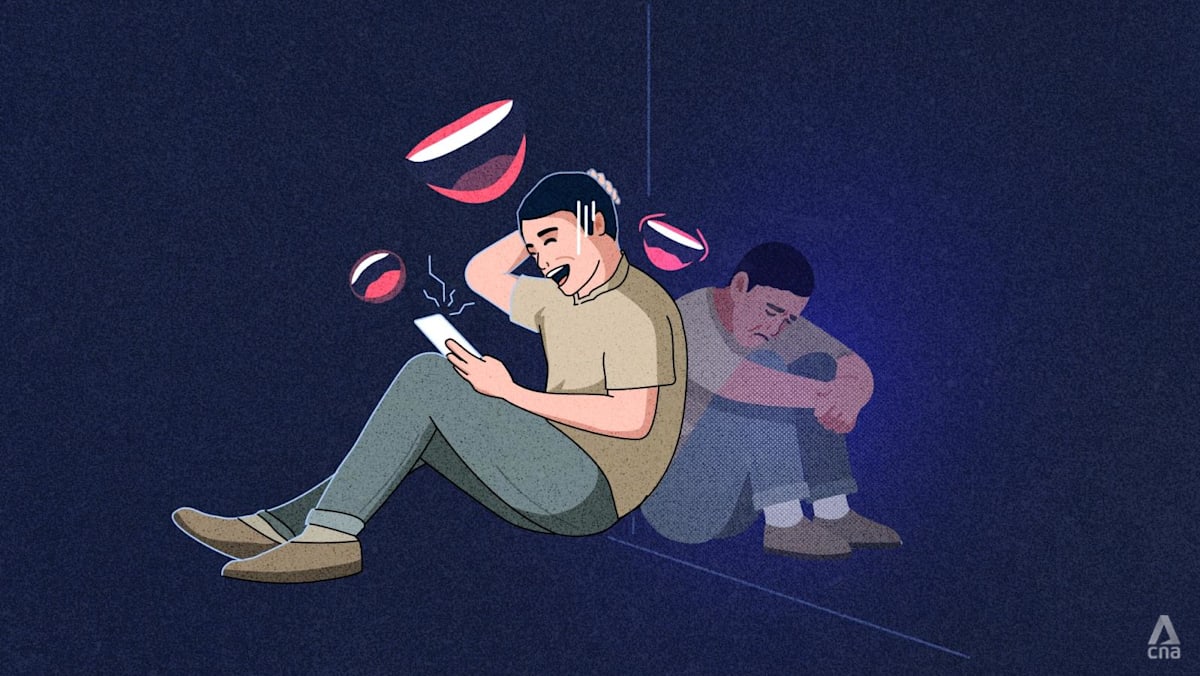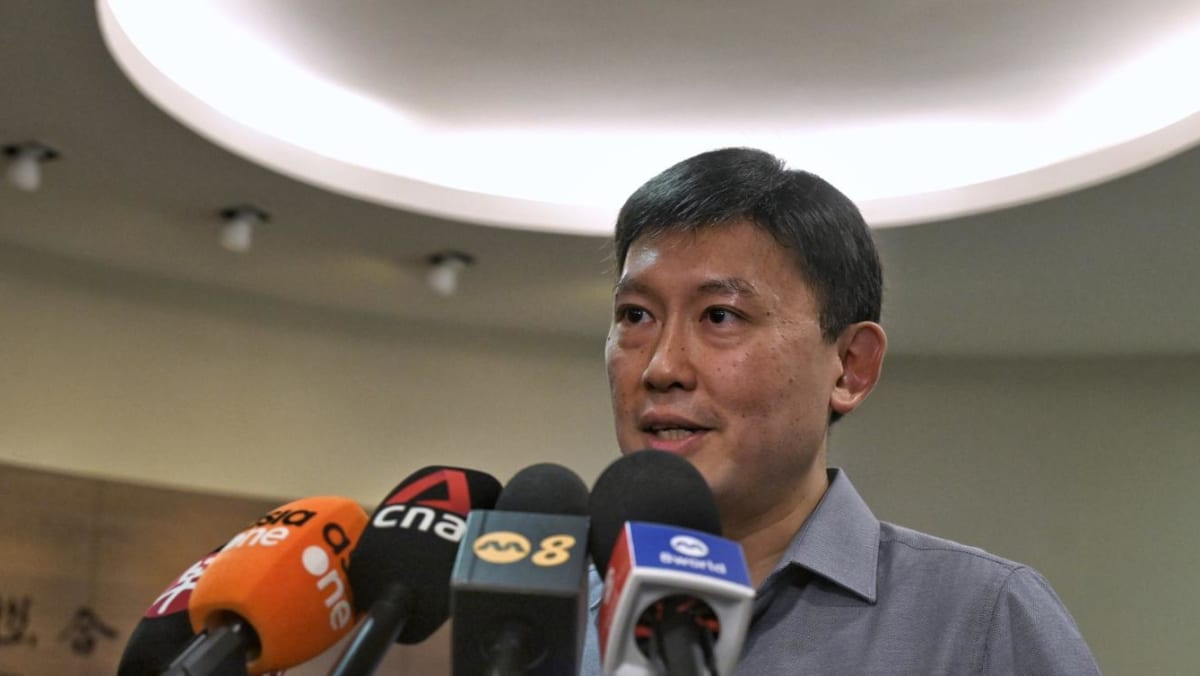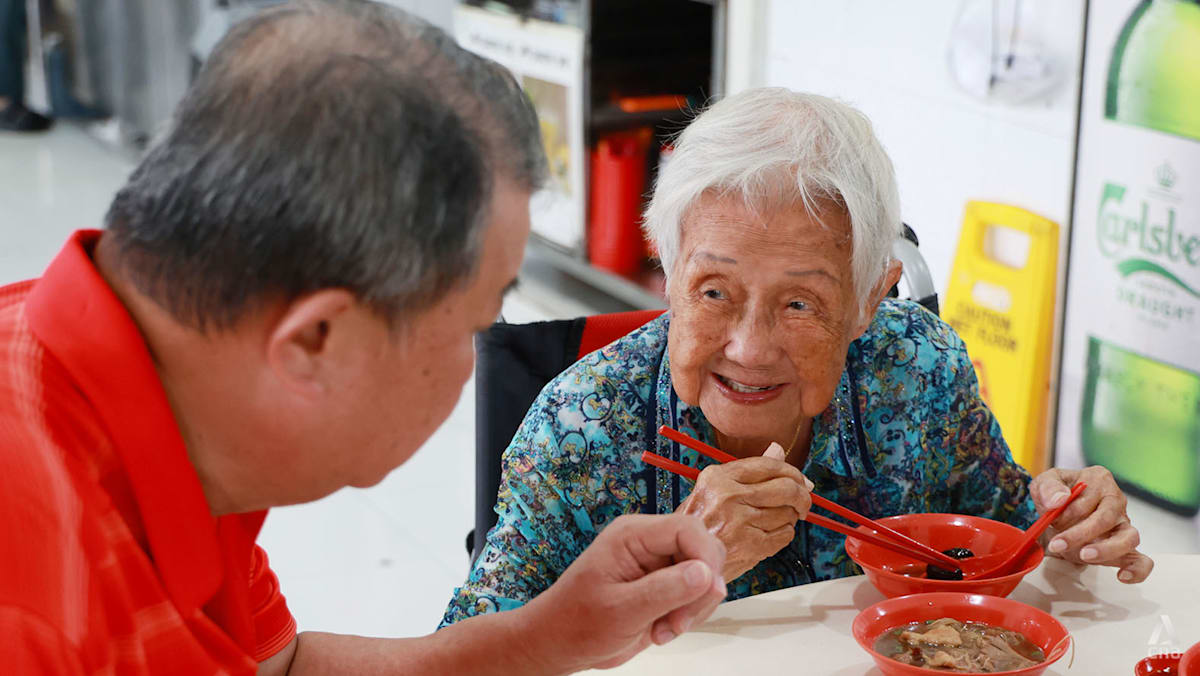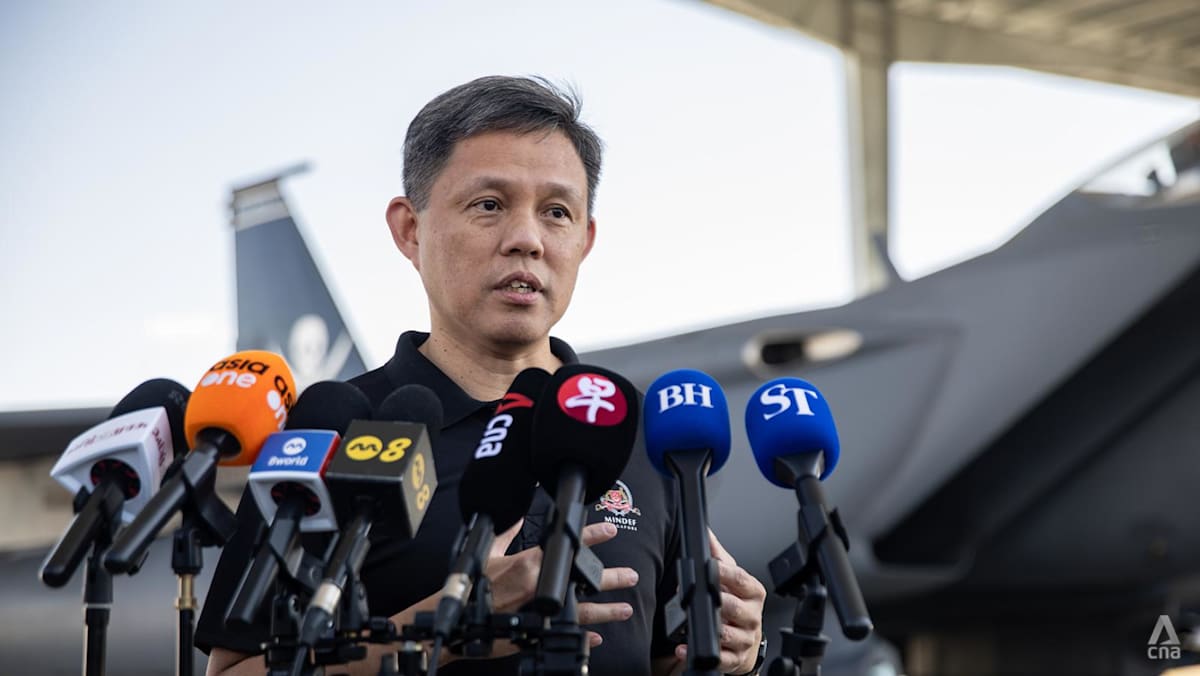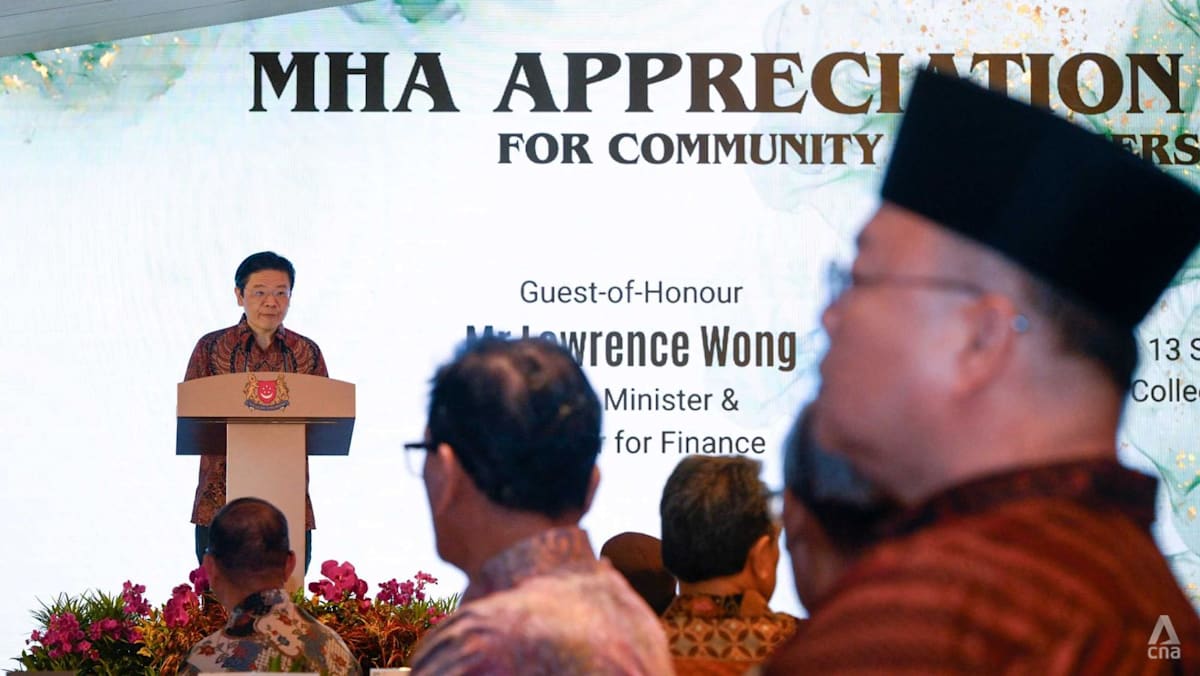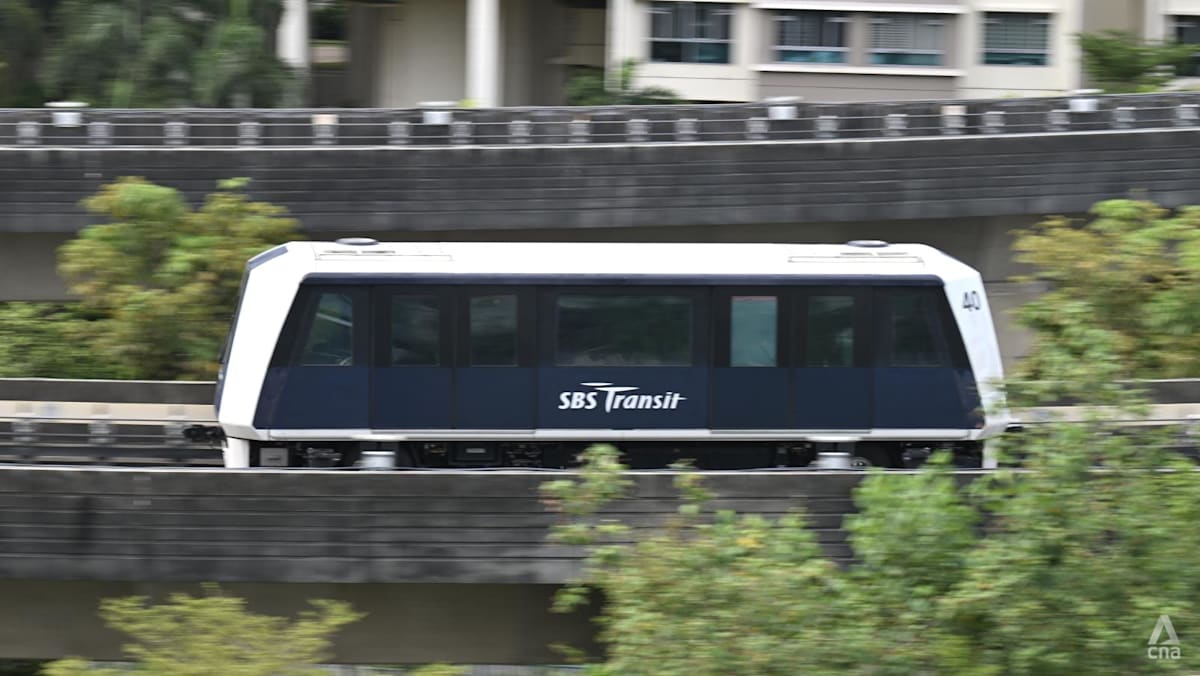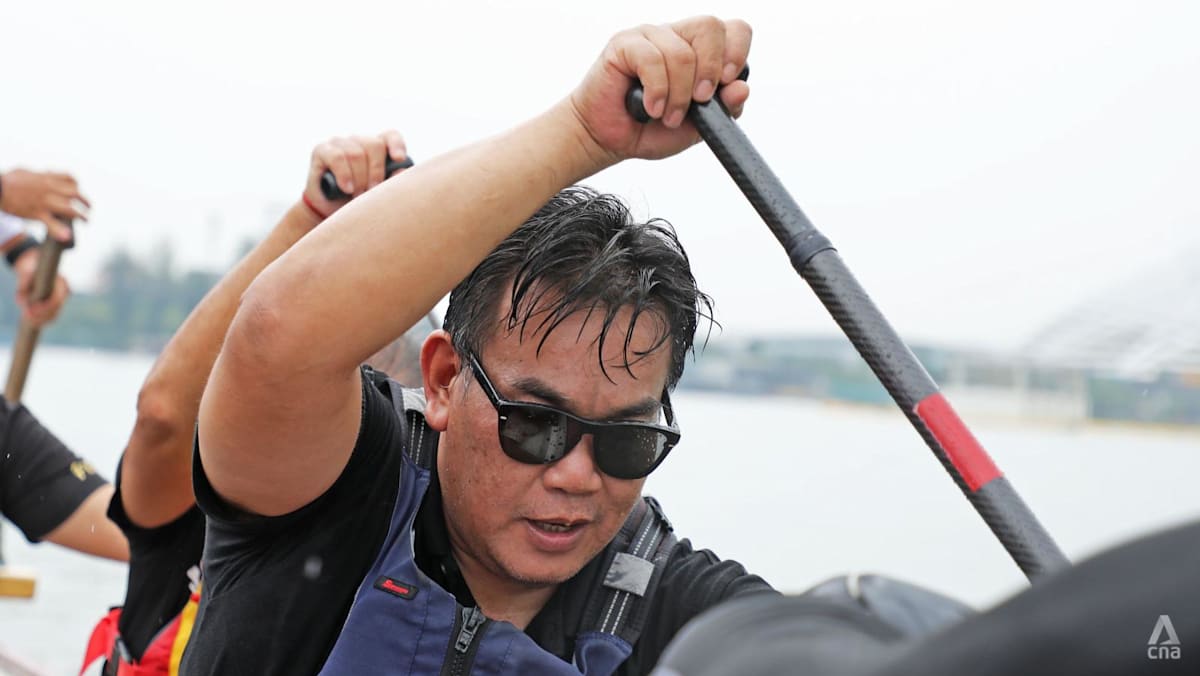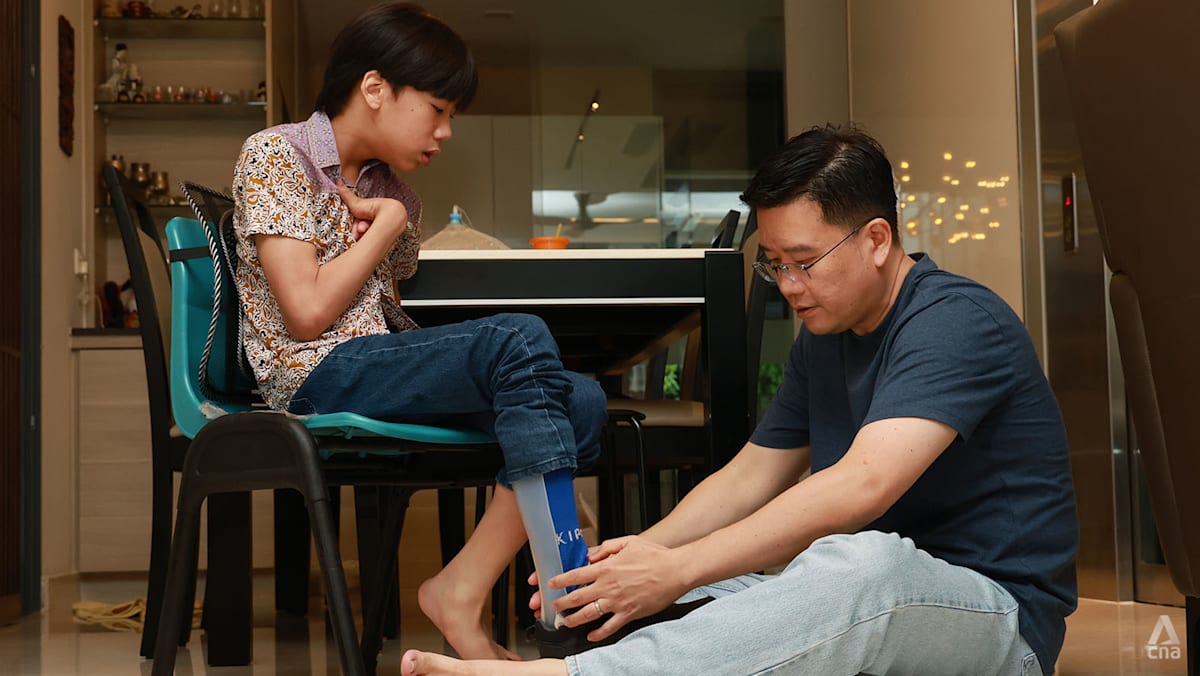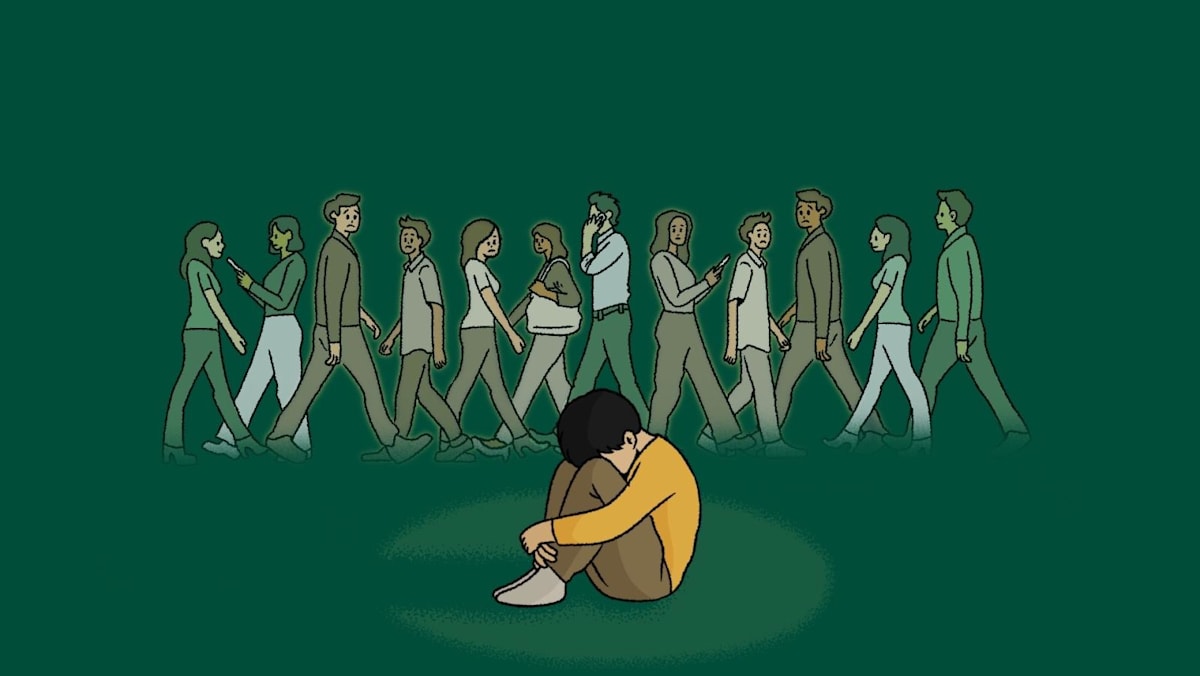The CCLG was set up in 2000 to foster government-community ties. Since taking over as its chair in May, Mr Chee said he had been engaging with different clan associations and Chinese community groups.
The minister noted that younger members in these groups come from different backgrounds, with some who were born and grew up in Singapore and some new immigrants.
“But what is common from what I see in my interactions with all of them is the passion to serve the community and to give back to society,” he said.
It will be up to clan associations and community groups to nominate participants for the programme, because they are clearer on the potential, willingness to serve, values and leadership abilities of their members, said Mr Chee. Nominees will go through a selection process.
He added that 100 is not a “magic number”, but a “stretch goal” that gives “sufficient diversity and options to be able to see who are the more suitable ones later”.
Another area where the government will work closely with SFCCA is in helping clan associations to transform and modernise their operations, said Mr Chee.
Some smaller clan associations “may not have sufficient economies of scale” to make use of digital solutions on their own, he said.
The government will therefore work with SFCCA to develop a suite of shared digital services that clan associations can tap on.
These could cover areas like human resources, finance, membership and volunteer management, event management and publicity, he said.
The government will provide some funding support to help SFCCA develop the shared services and co-fund clan associations to adopt the digital solutions.
This will in turn allow clan associations to focus on areas that rely less on technology, like engaging members and designing programmes to bring in younger members, he said.
